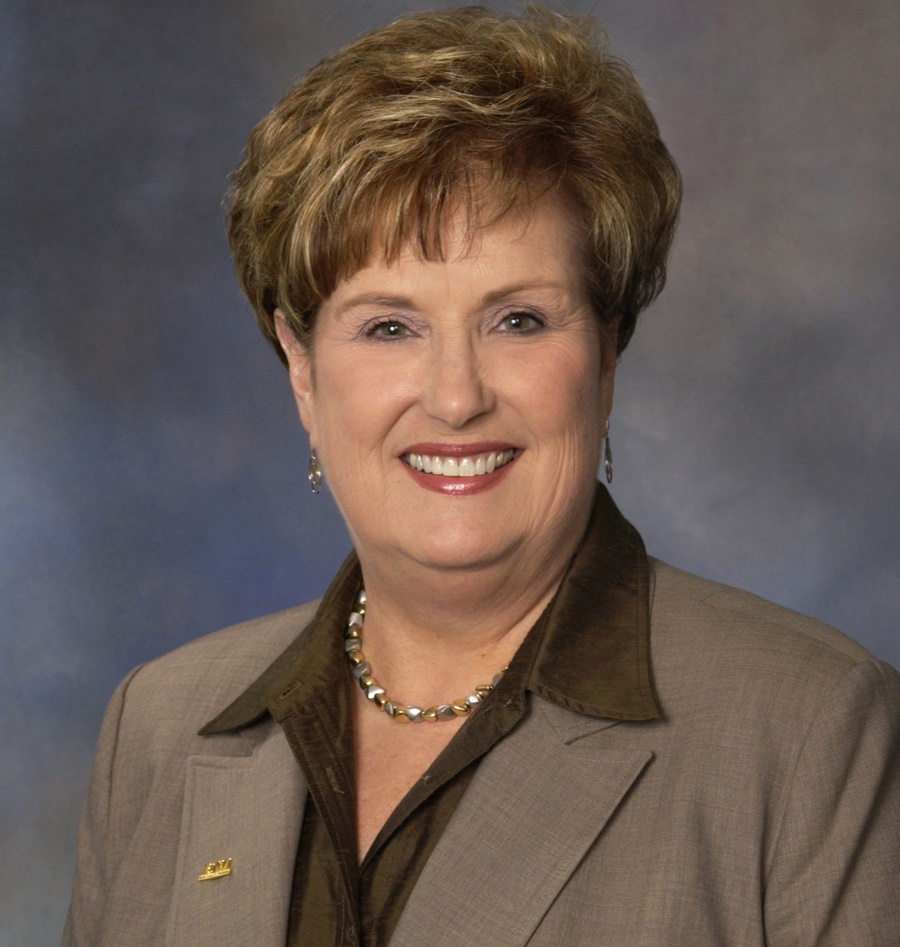On April 12th, Donna Sollenberger will give a presentation at Becker’s Hospital Review 9th Annual Meeting. As part of an ongoing series, Becker’s is talking to healthcare leaders who plan to speak at the conference, which will take place April 11-14, 2018 in Chicago.
To learn more about the conference and Donna’s session, click here.

Question: What did you notice about your healthcare experience the last time you were at the receiving end as a patient?
Donna Sollenberger: While the care delivered by the provider was excellent, I think we can do a much better job of coordinating each patient’s care and involving them in the development of their overall plan of care. As patient care has become more complex, I find that patients prefer to have a coordinated plan. Additionally, patients have questions that should be answered by a single provider who is reviewing all of the patient’s care when it occurs in multiple settings and is delivered by different providers. They need a single point of contact who can assess their test results overall, as well as their medical history, to help better educate the patient about their health condition(s).
Q: As a leader, what is the best investment you made in your own professional development in the past five years?
DS: The best investment I have made in my own professional development is to create a stronger network of colleagues across the nation who have similar issues and concerns about the strategic direction of their organizations. To do this, I decided to focus my participation in a few organizations rather than spreading it among many worthwhile organizations. As I did this, I found that the depth and breadth of my network increased, and my ability to reach out to colleagues who were managing similar organizations with similar challenges multiplied. I believe that a mistake too many professionals make is trying to participate in too many organizations. I think it is more valuable to be able to focus and truly get involved; this is what increases the power and benefit of the network one creates.
Q: What change in reimbursement is your organization feeling most acutely and how is it affecting your 2-5-year strategic plan?
DS: The pressure to create value to meet declining reimbursements from Medicare and Medicaid is the greatest pressure our organization feels, largely because we deliver so many services to these populations. Strategically, the change in reimbursement has required greater alignment with our medical staff, because the most effective way we can produce financial improvements is through a true redesign of care delivery processes. It has also been the key to reducing the cost of supplies and implants, as we have moved toward greater centralization and standardization. Alignment is also important so that we can create opportunities to help our medical staff better document the clinical care they provide, and as a result, help improve our medical coding. In essence, we need to strategically position ourselves to provide high-value care, and the only way we can do that is through strong partnerships and collaborations with the members of our medical staff.
